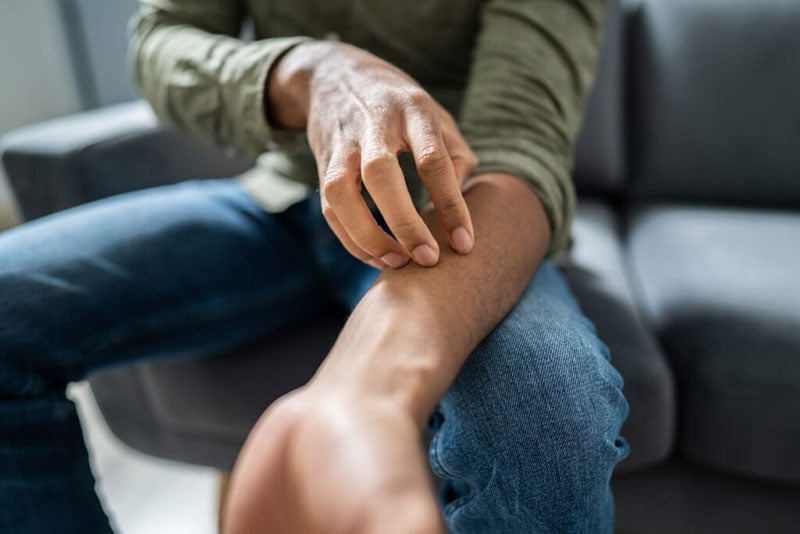Womens Body Positivity with KP: Embrace Your Unique Beauty
The concept of womens body positivity with KP is not just a trend; its a revolution. As a beautician, understanding the nuances of this movement is crucial as it directly impacts how clients perceive their bodies and how they wish to be perceived by the world. By addressing skin conditions like Keratosis Pilaris (KP), we can help our clients embrace their unique beauty.
Keratosis Pilaris, often referred to as 'chicken skin', is a common condition that affects many women. Its characterized by rough patches and small, acne-like bumps, usually on the arms, thighs, cheeks, and buttocks. While its harmless, it can cause distress to those who feel it mars their appearance. This is where the movement of body positivity intersects with the work of beauticians helping clients see their skin as a canvas of unique beauty.

Understanding Keratosis Pilaris
As professionals, it's important to demystify Keratosis Pilaris. According to DermNet NZ, KP is a genetic condition affecting up to 50% of the world's population. Despite its prevalence, many clients may not understand what KP is or how to manage it effectively. This is where your expertise as a beautician can make a significant difference.
Education is key. By explaining the cause of KP a buildup of keratin, a protein that protects skin from infections and other harmful things clients can begin to see it as a natural part of their skin's makeup. This understanding can be empowering, reinforcing the principles of body positivity by normalizing the condition.
Practical Tips for Managing KP
While promoting body positivity, it's also important to provide practical ways to manage KP. Encourage clients to gently exfoliate their skin to remove dead cells and use moisturizers to soothe and hydrate. For example, suggest using natural remedies like DIY scrubs, which are discussed in the DIY Scrub for Keratosis Pilaris blog.
Moreover, you can recommend products that are free from harsh chemicals, as these can exacerbate the condition. Discussions on skincare routines, such as those featured in the Winter Skincare article, can be particularly useful during colder months when KP symptoms might worsen.
The Role of Body Positivity in Skincare
Body positivity is about embracing and celebrating all body types and skin conditions. As a beautician, you have a unique opportunity to support this movement by encouraging clients to love their skin, even its imperfections. This involves shifting the focus from 'fixing' their skin to nurturing it.
For example, clients may feel insecure about wearing swimsuits due to KP. Offering styling tips, such as those found in the Swimsuit with KP guide, can empower them to feel confident and beautiful.
Creating a Supportive Environment
Creating an environment where clients feel supported and understood is essential. Encourage open conversations about skin conditions and body image. Share success stories and positive affirmations that reinforce the message that beauty comes in all forms.
Exercise and lifestyle choices also play a significant role in skin health. Educate clients about the benefits of physical activity, which are highlighted in the Exercise and KP blog, and how a balanced lifestyle can improve their overall well-being and self-image.
Conclusion: Embrace and Empower
The journey towards womens body positivity with KP is one of acceptance and empowerment. As beauticians, you are at the forefront of this movement, helping clients to embrace their unique beauty and feel empowered in their skin. By combining education, empathy, and expert advice, you can transform the way clients perceive their bodies, fostering a culture of confidence and positivity.
To learn more about caring for skin with KP and promoting body positivity, visit Harvard Health for additional insights and resources.

FAQs
What is the best way to manage KP?
Gentle exfoliation and moisturizing are key. Using products with natural ingredients can help manage symptoms without irritation.
Can KP be cured?
While there is no cure for KP, its appearance can be significantly reduced with consistent skincare routines and lifestyle changes.
How can I help clients feel more positive about their KP?
Encourage open discussions, provide educational resources, and promote body positivity through supportive and inclusive beauty practices.

